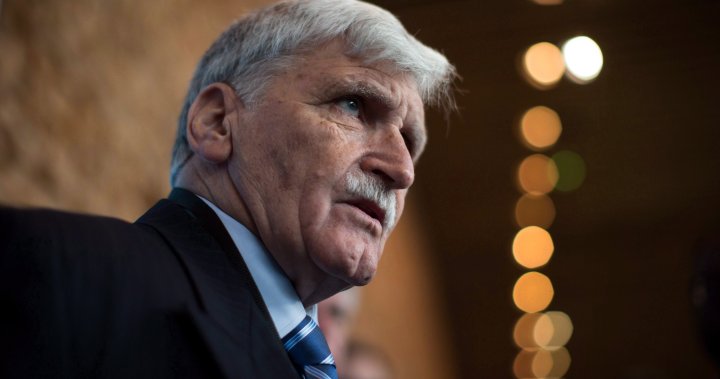Three decades after the Rwandan genocide, retired Canadian general Romeo Dallaire, who led the United Nations peacekeeping mission during the killings, expresses cautious optimism that the world is moving towards a place where such brutality can never happen again. However, he remains concerned about the continued presence of the genocide’s perpetrators and masterminds, some of whom are in Africa and around the world, including in Canada. Dallaire emphasizes the importance of bringing justice to those responsible for the genocide to prevent the nurturing of genocidal hatred in the next generation. The genocide, which lasted over 100 days in 1994, resulted in the deaths of an estimated 800,000 Tutsi as well as moderate Hutu who tried to protect them.
The genocide in Rwanda was sparked on April 6, 1994, when a plane carrying President Juvénal Habyarimana, a Hutu, was shot down in Kigali. The Tutsi were falsely blamed for the incident, leading to mobs of extremist Hutu killing Tutsi and their defenders with the support of the army and police. The Rwandan Patriotic Front, led by current President Paul Kagame, ultimately ended the violence, and has been in power since then. Many Hutu leaders and supporters fled to neighboring countries and beyond, including the Democratic Republic of Congo, Africa, Europe, the United States, and Canada.
Tensions have been escalating between Rwanda and Congo, with military buildups on the shared border and accusations of supporting violent insurgents. Rwanda alleges that Hutu extremists are hiding in the Congolese armed forces, while Congo accuses Rwanda of backing the rebel group M23. Dallaire has criticized the United Nations Assistance Mission for Rwanda that he led, labeling it a failure for not preventing the genocide due to interference from the United States and other U.N. Security Council members. He warns of the potential for renewed violence or genocide due to unresolved underlying issues.
Despite criticisms of President Kagame for suppressing dissent, he is praised for maintaining relative peace and stability post-genocide by attempting to bridge ethnic divides through legal measures. The government has enforced a strict penal code to punish genocide and outlaw the ideology behind it. Since the genocide, Dallaire has testified at trials worldwide against perpetrators who have been arrested and prosecuted for their involvement in the killings. He highlights the importance of pursuing justice for these crimes, as some genocidaires in Canada may not face trial due to lack of resources.
Dallaire remains optimistic about the younger generation in Rwanda and globally, believing they have the potential to move towards a future without conflict and brutality through improved communication and a broader perspective on humanity and the environment. He advocates for increasing the influence of women in traditionally male-dominated institutions and governments to bring about lasting peace. On the 30th anniversary of the genocide, officials and members of the Rwandan diaspora in Canada commemorated the tragic events with a march and ceremony in Ottawa. Dallaire hopes that this younger generation, along with the empowerment of women, can bring about lasting peace and change the course of humanity for the better.


